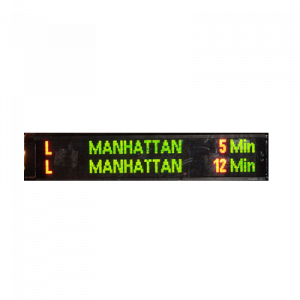Good recommendation letters help admissions committees to assess questions where the data are less tangible. For example:
- Do you have self-knowledge?
- Will you tick the boxes as an MBA student or contribute as much as you benefit?
- Are you motivated to attend this particular school because of specific ways the program better fits your goals than programs at other schools?
- Would anyone want to work with you, or for you?
Many applicants need to understand the role of the recommendation letter better. Sadly, a lot of advice about recommendation letters is simplistic and naïve. As a result, the signal-to-noise ratio is overpowering in low-quality letters. The letter doesn't need to be a generic 'boilerplate', saying that you are smart, hardworking, get things done and should be admitted.
Recommenders should be people who work with you closely and know you well enough to make meaningful comments (Ideally, they will also be graduates of demanding postgraduate programs like MBAs, who can speak to your ability to do deep, abstract work). A positive, superficial letter from someone who barely knows you is a red flag about your ability to admit weaknesses and understand the developmental nature of an MBA. Take a look at:
https://admitexpert.com/blog/mba-letter-of-recommendation/ and https://www.coursera.org/articles/mba-recommendation-letter
[Edited by Duncan on Aug 16, 2023]



